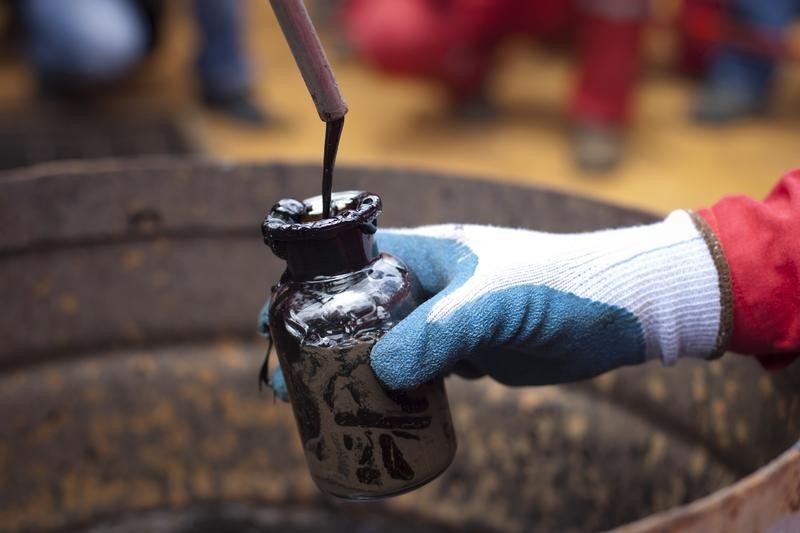By Ahmad Ghaddar and Libby George
LONDON (Reuters) - Less than two weeks after OPEC's decision to extend oil production cuts, Libya and Nigeria – the only two exempt members of the group – are signalling their intent to raise output next year.
While several ministers at the Nov. 30 meeting of the Organization of the Petroleum Exporting Countries suggested the two nations had joined the output-curbing deal, both are working to add to their peak production from this year.
On Friday, oil company Total said its new Egina field offshore Nigeria was on track to start next year – adding 10 percent to the country's production.
The field will have a capacity of 200,000 barrels per day (bpd) and launch in the fourth quarter of 2018, counterbalancing production constrained by ageing pipelines, perpetual theft and sabotage.
"That could certainly change the dynamics," said Ehsan Ul-Haq, head of crude and products at Resource Economist, a consultancy.
The Nigerian petroleum ministry did not respond to a request for comment on the Egina field startup, and whether production elsewhere would be curtailed as a result.
On Saturday, the head of Libya's U.N.-backed government met the head of Libya's National Oil Corp (NOC) and the governor of Tripoli's central bank to discuss how the corporation could get more cash to raise oil output next year.
The NOC received a quarter of its requested budget in 2017, hampering efforts to sustain oil output near 1 million bpd.
Any additional funds could help make crucial repairs to the country's energy infrastructure, a regular target for militant attacks, and boost output above the roughly 1 million bpd mark where it currently stands.
Libya's NOC has so far not spoken officially about the OPEC deal and declined a Reuters request for comment.
NO CAPS
The developments may come as a surprise to market observers, who, after the Nov. 30 meeting, believed Nigeria and Libya had agreed to participate in the OPEC agreement by imposing official caps at their peak 2017 production levels.
Instead, the two countries merely provided their production outlook for 2018 and an assessment that the combined total would not exceed 2.8 million bpd, their forecast output for 2017, two sources familiar with the matter told Reuters.
That outlook was dependent on both countries' finances and security situation, one of those sources said.
The headline of a statement issued by Nigeria's petroleum ministry on the day of the OPEC meeting stressed, in block capitals, that Nigeria and Libya were exempt from cuts.
Oil Minister Emmanuel Ibe Kachikwu emphasised in the statement that the nation's condensates - a form of ultra-light crude - were exempt from any total, giving it leeway in calculations. He also told local media there was "no obligation" to do anything.
Oil production from the two countries has averaged 1.7 million bpd and 900,000 bpd, respectively, this year according to Reuters assessments.
But it has swung in each country in a range of 340,000-350,000 bpd.
